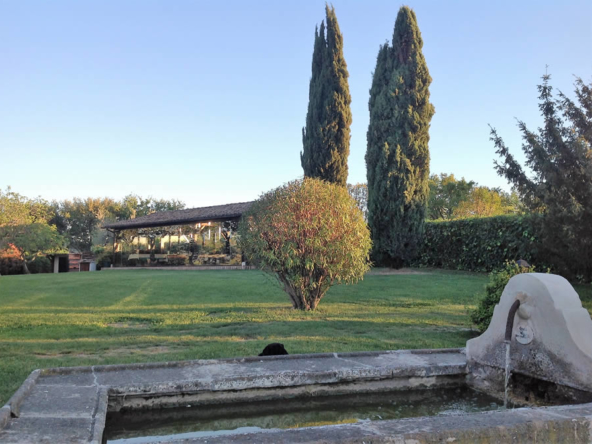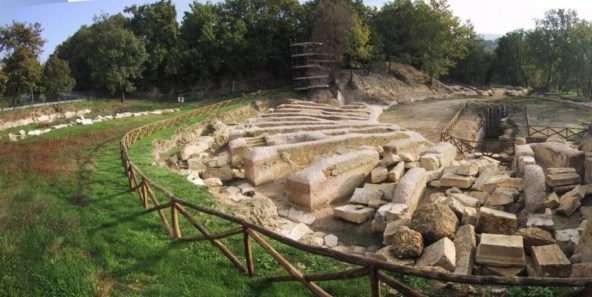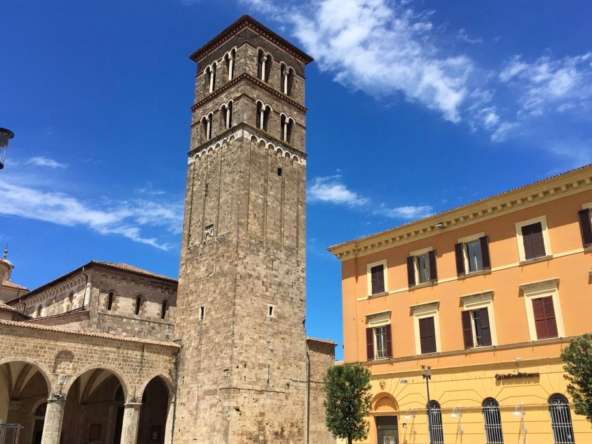We know that buying and selling a property is a long process and, sometimes, you could have doubts or questions about it.
We want to help you with some information, hopefully it will look easier by the end of this document.
The real estate agency:
Normally, when someone decides to sell his house takes contact with a real estate agency. The work of a real estate agency is to assist and act as a mediator in order to help sellers and buyers in the property buying and selling.
The first contact with the real estate agency is generally made from the seller who contacts the agency asking them to promote the property selling.
The buyer takes contact with the real estate agency for different reasons: when is looking for a property in a specific area or when has seen a property he is interested in and wants to have more information about it.
Once the buyer has decided he wants to buy the property, it starts the second part of the real estate agency job.
The agent will work in order to create and moderate the relationship between the seller and the buyer during the property buying and selling.
The real estate agency assists the parties for all the buying and selling process: from the first contact to the deed; and takes care of all the documents requested, the payment method, the cadastral information, etc.
It is the purchaser who pays for the agency fees, unless agreed differentely with the seller.
We suggest you to check that everything is how you want before to sign any document.

The notary:
If you’re thinking to buy an house in Italy, you need to know that the Italian State requires that the buying and selling contract is drawn by an impartial public official: the notary.
The notary acts as a third party in order to assist both parties: seller and buyer. The role of a notary is important in order to protect both parties during all the process.
We suggest to the buyer/purchaser to contact and select the notary they feel more comfortable with. This figure will be helpful and will be able to give all the legal information required.
It is important to specify that the choice of the notary is free. The purchaser doesn’t have to contact a notary from the beginning if he feels comfortable dealing with the agency and the buyer.
Both parties have the rights to contact a notary in order to ask him all the clarifications and explanations that could be useful for understanding the legal effects of the deed.
The notary carries different activities during the buying and selling process in order to assist both parties in the preparation of the required documents.
The notary carries specific checks on legality in order to ensure that the contract will be valid.
During the buying and selling process the notary has to ensure a few things:
- The property has not mortgages: it is important, by law, that on the property there are no previous mortgages;
- The seller has paid the services in charges: the notary must ensure that the seller has paid all the services before the purchaser signs the contract;
- Check the cadastral plans: it is important that the cadastral plan conforms to the status of the property;
- The seller owns the property and has all the rights to sell it to the purchaser;
- The property is in order in terms of permissions;
- The energy performance of the property is certified and follows the national and regional rules;
- The regulations regarding money and payments have been observed (payments and commissions paid to the real estate agency).
Signing the deed the notary confirms that has made all the checks required.
The law provides important rules for the preparation of the deed:
- The documents must be signed by the parties and any witnesses before the notary signs it (it is important to read and approve it);
- The notary has to explain what is the content of the documents they’re going to sign;
- Once the notary has signed the deed, this is a legal evidence for all the purposes.

The preliminary contract:
This is the first document that the parties sign. Sometimes it can be preceded by the proposal (called “proposta di acquisto”).
With the preliminary contract both parties agree to sell and buy the property.
They agree about the price and the timing (they decide even the end date for the deed). Normally at this time the purchaser pays a deposit (the amount is agreed with the estate agency and the seller).
This contract is normally concluded privately. It is important to advice that if, once signed the preliminary contract, the purchaser decides not to go ahead with the purchase, the seller could keep the deposit.
If the seller decides not to sell the property, the purchaser is entitled to receive an amount equal to the double of the deposit paid.
The deed:
Once signed the preliminary contract, the parties agree for the deed.
As previously explained, this has to be drawn up with the presence of the notary.
Once made all the checks and signed the deed, the purchaser has to pay the remaining amount due and the agency fees on the day (unless both parties agreed differently).
It is important to specify that the deed has to be regirested by the notary.
What happens once the deed has been signed?
The notary is required by law to follow some rules.
Once the deed has been drawn up the notary has to:
- Register the deed with the taxation authorities and pay the taxes on behalf of the client;
- Register the deed with the competent authority in order to let everyone know who is the new owner of the property;
- Cadastral registration (this will update the land registry).
We have created an interesting infographic that could help you understand better what we have just discussed in this article. You can download it here.





